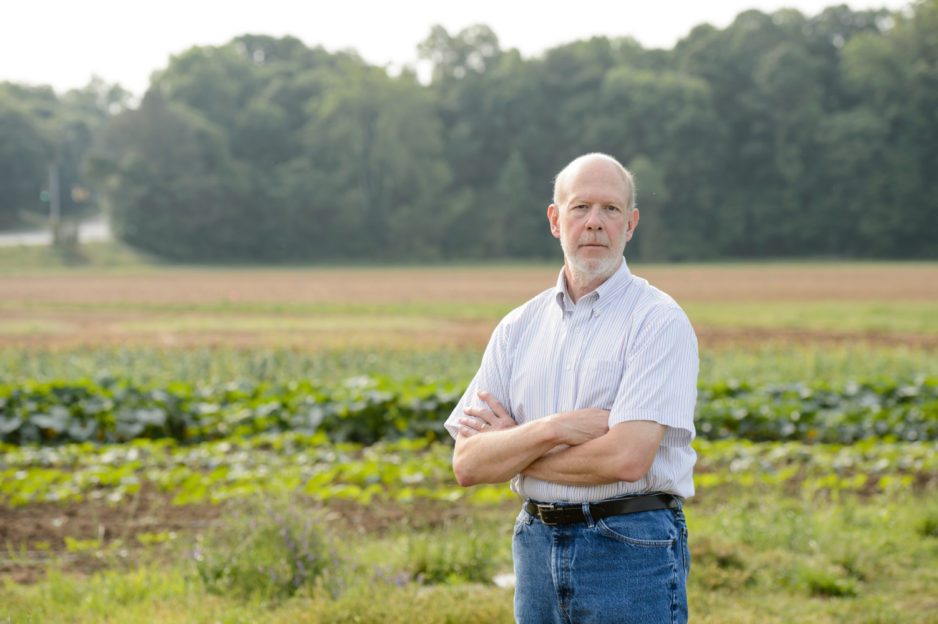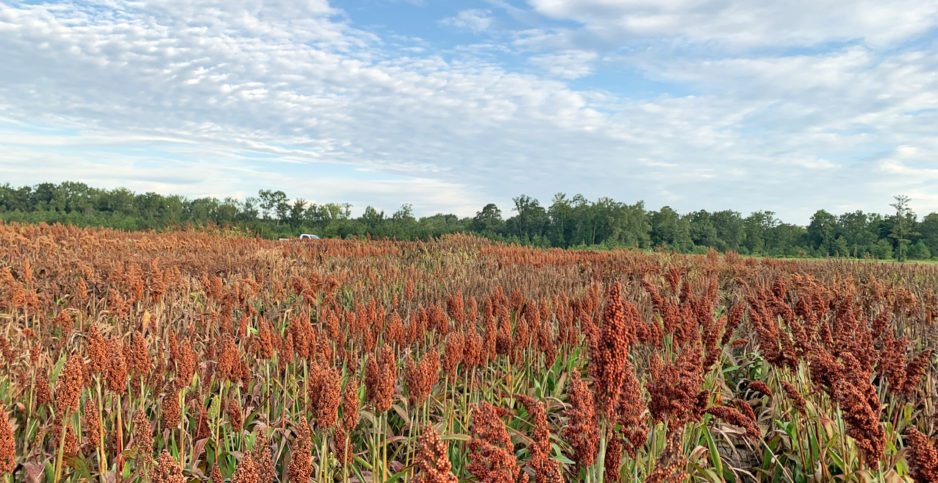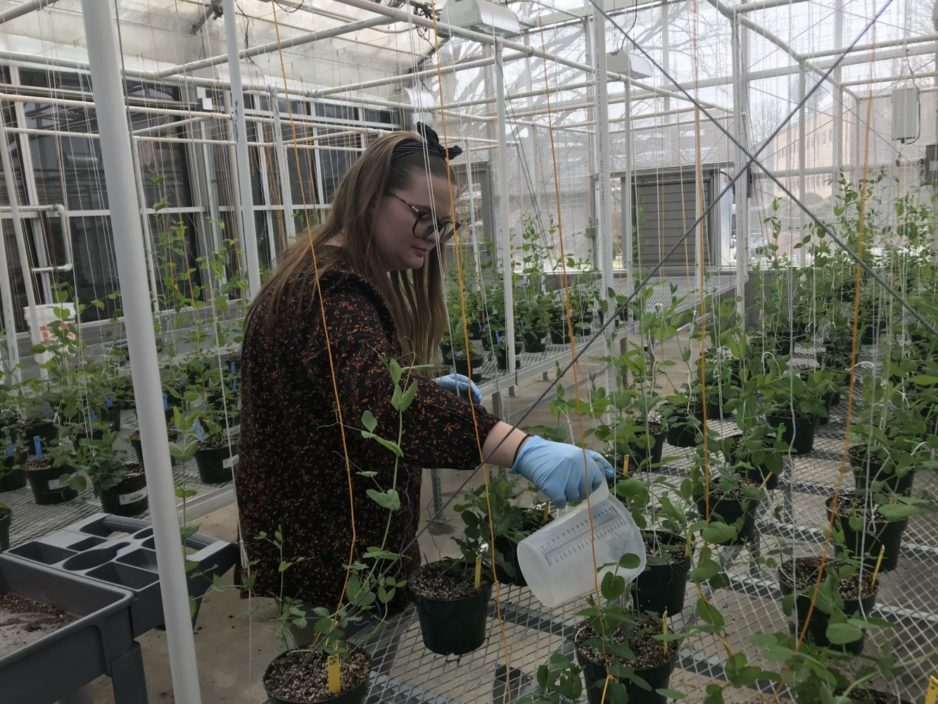At A Glance
Genetic diversity of crops can aid food security, improve human health and provide cropping systems sustainability. Stephen Kresovich’s research intersects conservation and agriculture by integrating advances in genetics and genomics to solve problems in ag, the environment and human health — looking at traits in plants to address issues in agriculture and provide solutions for conservation, sustainability and economic development.
Bio
With a research focus on conservation and agriculture, Kresovich looks to understand and utilize the genetic diversity of crops to aid food security, improve human health and provide cropping systems sustainability. By exploring genetics, he seeks to understand how traits impact plants’ resilience and nutrition. His work is then utilized to advance agriculture and provide solutions for conservation, sustainability and economic development.
Kresovich’s biofortification research includes food crops for humans as well as livestock feed crops. For livestock feed crops, Kresovich and a team of researchers are looking at how to enhance sorghum to amplify its naturally occurring antimicrobial and anti-inflammatory effects. This research, and the resulting crop varieties, will allow farmers to reduce the amount of antibiotics used on livestock, thus mitigating concerns about high antibiotic doses in livestock that are ultimately delivered to the dinner table.
In 2020, Kresovich was appointed to the National Genetic Resources Advisory Council by the U.S. secretary of agriculture. He joined the University in July 2013 with the charge to integrate advances in genetics and genomics to solve problems in agriculture, the environment and human health.
Quotes
The goal of my research is to understand and utilize the genetic diversity of crop plants for advancing agriculture and improving human health. Discovering useful plant traits and understanding the genetic mechanisms that control those traits are a foundation for both current and future crop agriculture. Taking that knowledge, and the associated products, improves food security, human health and cropping systems sustainability.”




